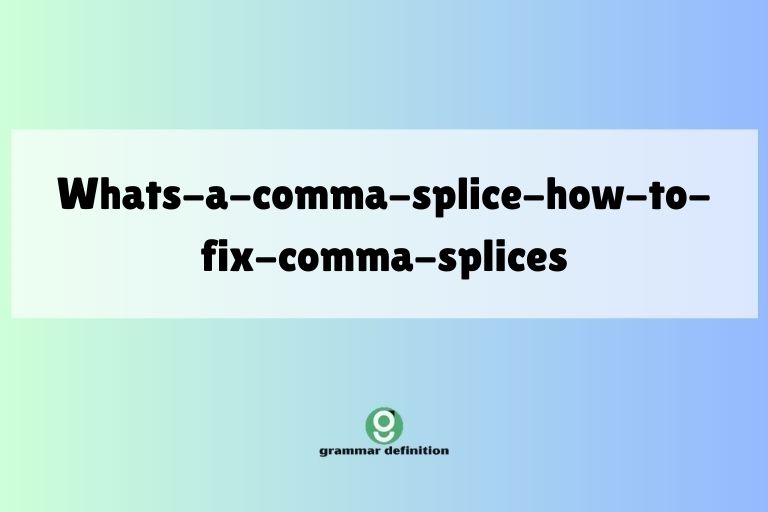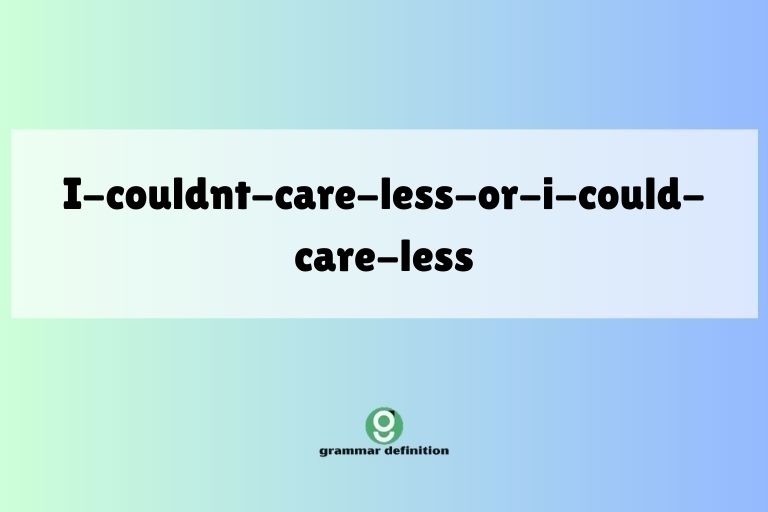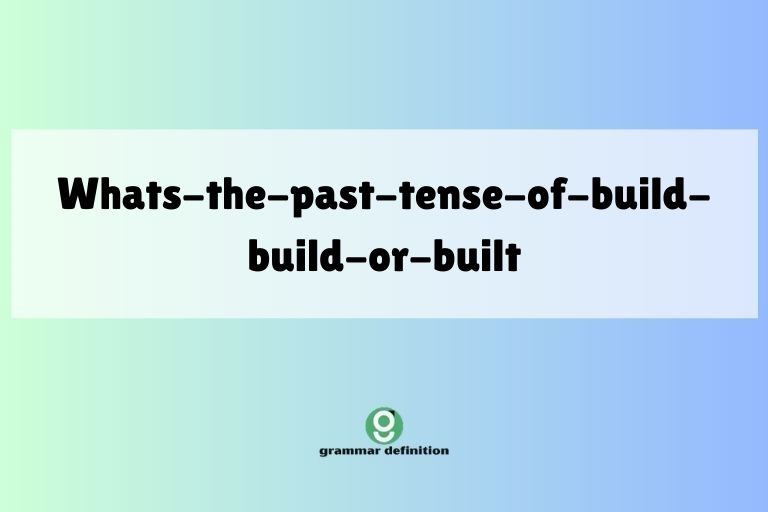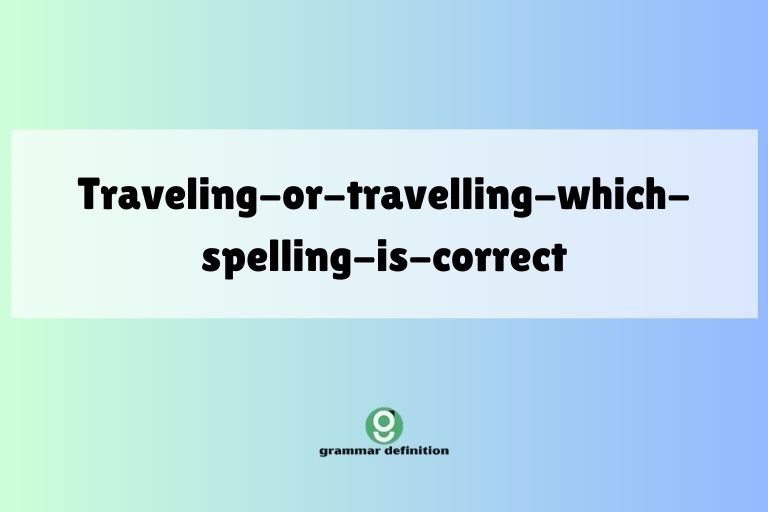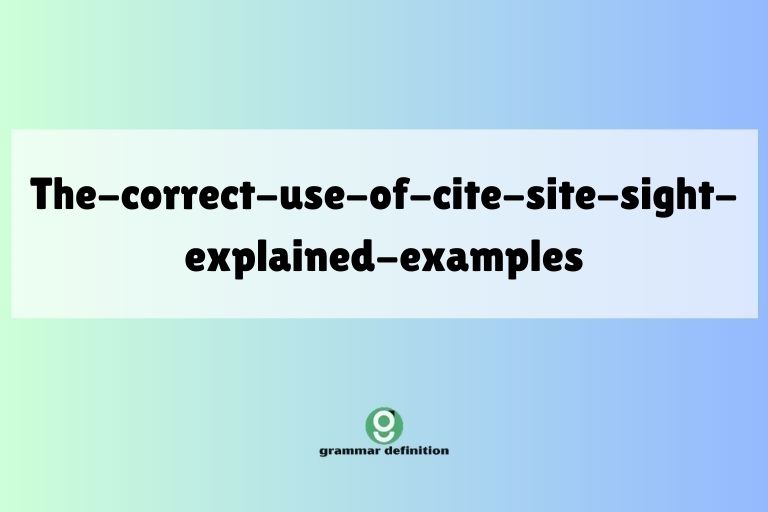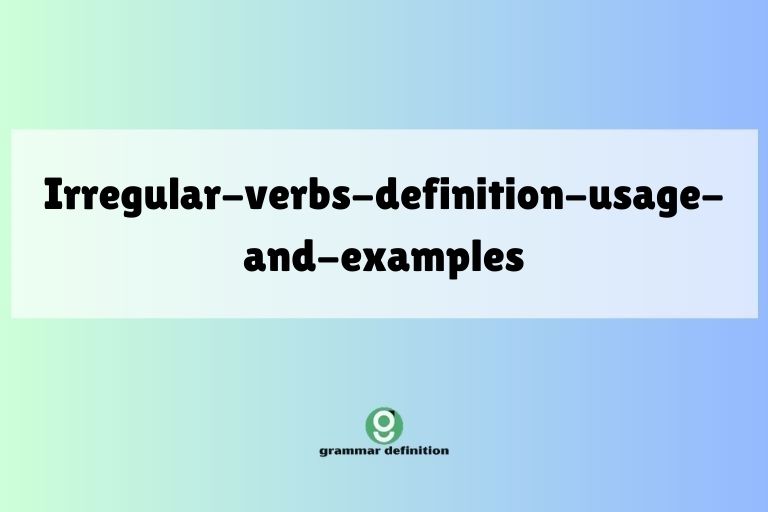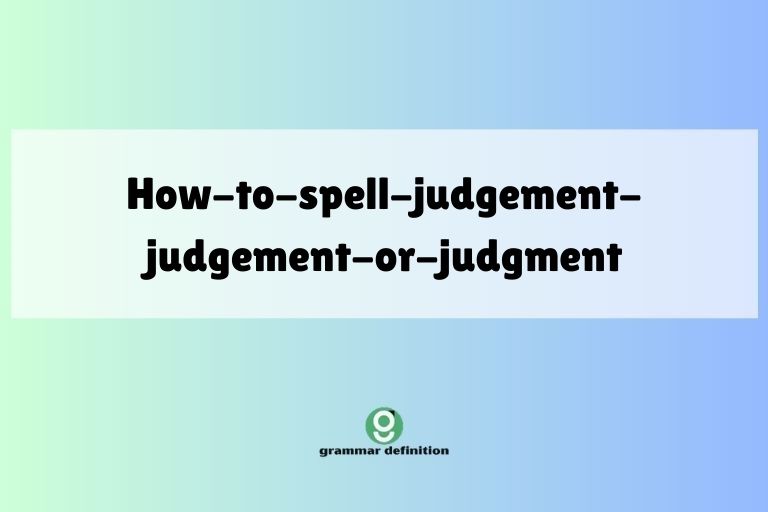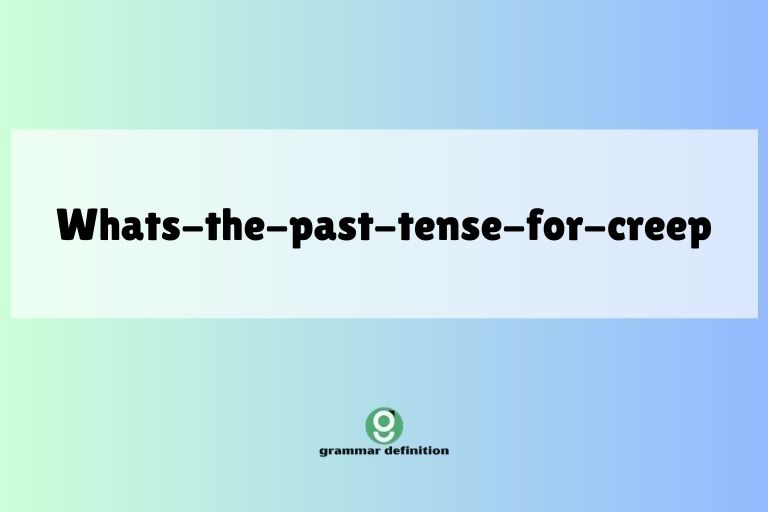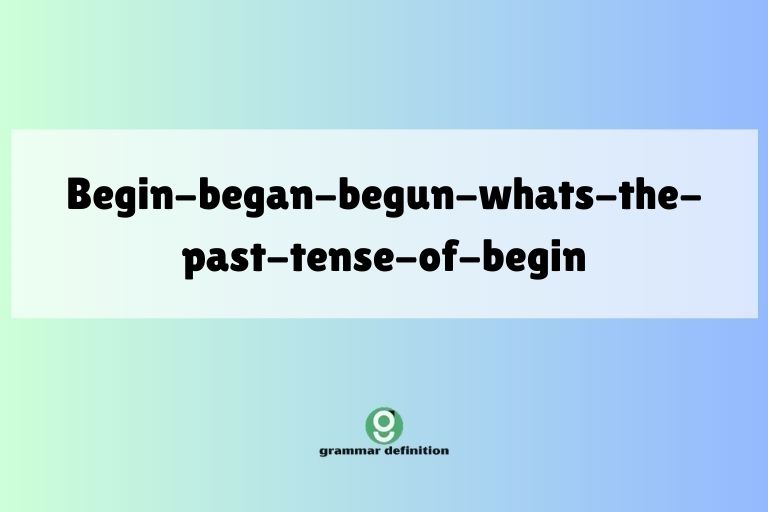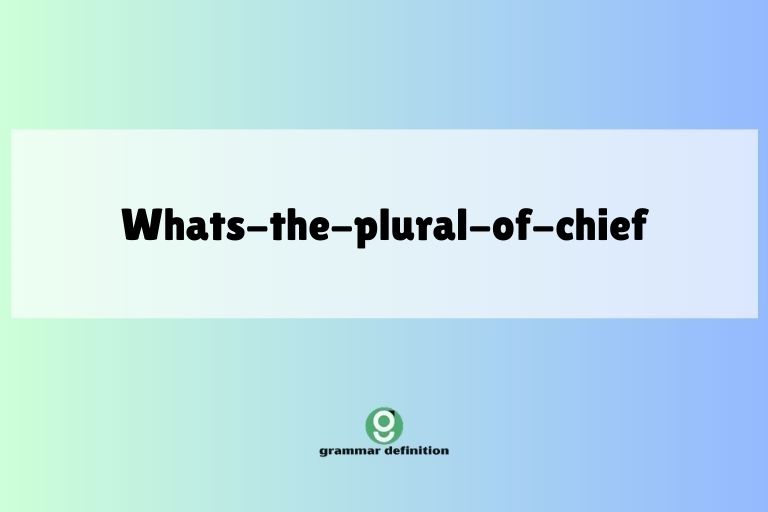Comma Splices: Definition, Examples, and How to Fix Them
Comma splices are a common yet easily avoidable error in English writing. Mastering how to identify and correct them is crucial for clear and effective communication. This article provides a comprehensive guide to understanding comma splices, their types, and various methods for fixing them. Whether you’re a student, a professional writer, or simply someone looking … Read more

